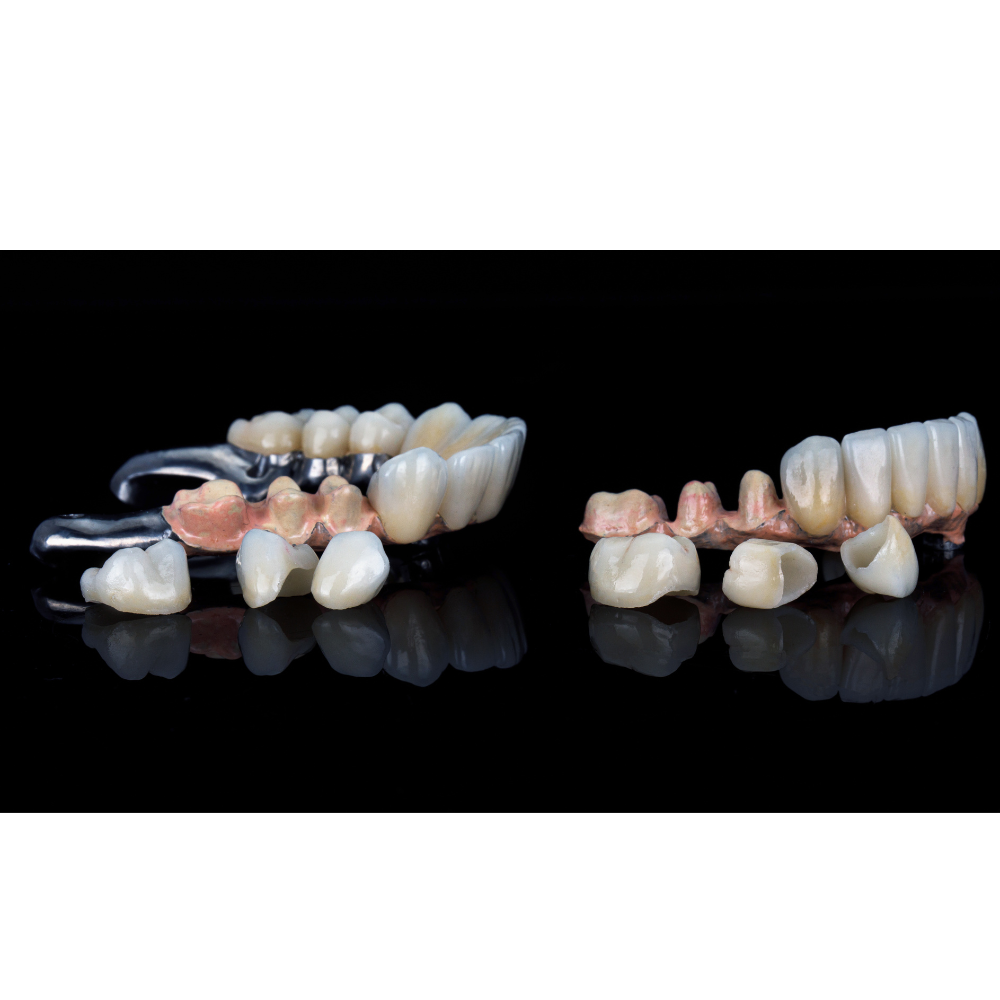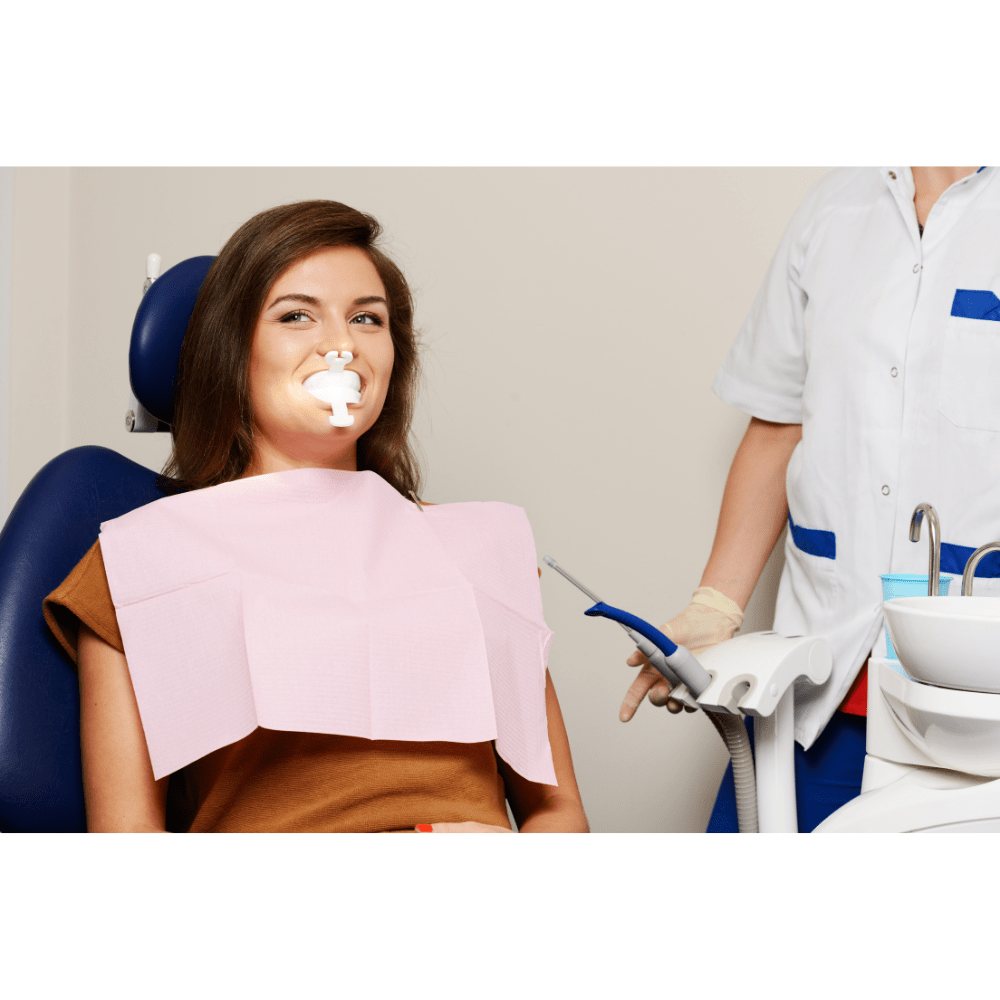Can Braces Cause Headaches? | What Experts Say
The baby steps towards a straighter smile with braces, which is exciting, but sometimes it can come with unexpected side effects. One common question in the minds of brace-wearers is whether they cause headaches! So, let’s talk about whether there is a link between braces and headaches.
Let’s know some expert opinions that will help us learn the mystery. Here we’ll equip you with the information to understand what might be causing your discomfort and how to manage it effectively. The first question we will address is whether braces cause headaches or not.
Can Braces Cause Headaches?
Yes, braces can cause headaches for some individuals with braces. Incorrectly placed braces and the pressure they exert can cause headaches. However, it’s important to note that not everyone who wears braces will experience headaches, and the severity can vary greatly among individuals. The discomfort or headache experienced is mild and temporary.
Reasons for Headaches from Braces
The following are some reasons behind the headache from braces:
Pressure from Braces:
Braces gradually move teeth, and this pressure can affect the jaw and surrounding muscles which leads to headaches for some individuals.
Individual Pain Thresholds:
Everyone’s pain tolerance is different. Some people might feel more discomfort from braces which increases the chance of headaches.
Mouth Irritation or Sores:
Braces can rub against the inside of the mouth which causes irritation or sores. If not treated, these can become ulcers and might lead to headaches. Using orthodontic wax can help prevent this, along with keeping good oral hygiene.
Changes in Bite or Jaw Alignment:
Braces can change how your bite feels or align your jaw differently. This can strain the jaw muscles which causes headaches.
Tips to Overcome Braces-Related Headaches
Here are some tips to overcome braces-related headaches:
Use Orthodontic Wax:
If your braces are irritating or rubbing against the inside of your mouth, you must apply orthodontic wax to reduce discomfort and subsequently alleviate headaches.
Stay Hydrated:
Dehydration can exacerbate headaches, so make sure to drink plenty of water throughout the day. Avoid sugary drinks which can promote bacterial growth around braces.
Eat Soft Foods:
Particularly after adjustments or if your braces are causing significant discomfort, opt for soft foods that require minimal chewing to reduce strain on your jaw muscles and alleviate headaches.
Take Pain Relievers:
Over-the-counter pain relievers can help manage any discomfort or headaches associated with braces. However, always follow the recommended dosage and consult with your orthodontist if headaches persist.
Practice Jaw Relaxation Exercises:
Gentle jaw exercises and relaxation techniques can help alleviate tension in the jaw muscles, which may be contributing to headaches.

What Can Happen if You Don’t Treat a Headache Caused by Braces?
You should address headaches related to braces on time and effectively to overcome discomfort. This will prevent potential complications and ensure the success of your treatment. The following issues can arise if you ignore the headaches caused by braces:
Difficulty in Eating and Speaking:
Persistent headaches from braces can make it challenging to eat and speak comfortably. This can lead to dietary restrictions and difficulty in communication, affecting your overall quality of life.
Increased Risk of TMJ Disorders:
Ignoring headaches caused by braces-related headaches could contribute to the development or exacerbation of TMJ disorders over time.
Prolonged Treatment Time:
Failure to address headaches related to braces discomfort can contribute to your overall treatment time. Pain can neglect proper oral hygiene. This will delay the progress toward achieving the desired orthodontic outcomes.
Impact on Mental Well-being:
Chronic headaches from braces can take a toll on mental well-being, causing stress, anxiety, and frustration. This can negatively affect mood, concentration, and overall emotional health.
Compromised Treatment Success:
Ultimately, ignoring headaches caused by braces can compromise the success of orthodontic treatment. Effective management of discomfort and headaches is a must to ensure that the braces can properly align your teeth and achieve the desired outcome.
Do Braces Cause Migraine?
Braces themselves do not directly cause migraines, they can contribute to migraine symptoms in some individuals. The pressure and tension associated with braces, especially after adjustments can lead to discomfort that could trigger or worsen migraines in susceptible individuals.
The altered bite and jaw position that can occur during braces can also contribute to headache or migraine development in some cases. What are Some Other Causes of Headaches?
Headaches can stem from various factors other than braces. Here are some common causes:
- Stress and Tension
- Red wine
- Alcoholic beverages
- Nitrates
- Skipping meals
- Poor posture
- Eyestrain
- Dehydration
- Caffeine Withdrawal
- Sleep Disorders
- Certain Foods and Beverages
- Weather Changes
- Hormonal Changes
- Medication Overuse

FAQs
Can Braces Cause Neck Pain?
Yes, braces can indirectly contribute to neck pain. The process of adjusting to braces can temporarily alter jaw alignment or cause muscle tension that affects posture. This change can sometimes lead to strain in the neck and upper back muscles which results in discomfort or pain.
Can Shifting Teeth Cause Headaches?
Yes, shifting teeth can cause headaches. When teeth shift, it can impact the alignment of the jaw. This change can sometimes result in headaches, particularly tension headaches, as the muscles around the jaw and temples may become strained or overworked.
If shifting teeth causes bite misalignment or changes in occlusion, it can place undue pressure on certain teeth or areas of the jaw, which may contribute to headache development.
How Risky Are Braces?
Braces are generally safe for correcting misaligned teeth and bite issues. But sometimes you can develop mouth sores, gingivitis, and white spots from braces.
What Age is Bad For Braces?
There isn’t a specific age that is bad for braces. Braces can be effective at various ages like childhood, adolescence, adulthood, and even for elderly individuals. It depends on individual dental needs and goals.



